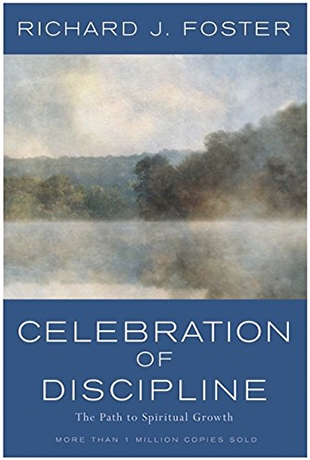Richard J. Foster is one of the Living Spiritual Teachers profiled on this website. He is the founder of Renovare, an intrachurch movement committed to the renewal of the Church. He is the author of many books including Prayer and Streams of Living Water. In this widely heralded work, Foster presents his ambitious overview of the central spiritual practices of the Christian faith. They are divided into three categories:
• The Inward Disciplines
(meditation, prayer, fasting, study)
• The Outward Disciplines
(simplicity, solitude, submission, service)
• The Corporate Disciplines
(confession, worship, guidance, celebration)
This emphasis on spiritual practice challenges believers to move beyond faith as belief and step into the world of action and ethics. Perhaps this emphasis stems from Foster's own walking of the Quaker path where experience is prized over head-trips. He writes:
"The classical Disciplines of the spiritual life beckon us to the Himalayas of the Spirit. Now we stand at timber line awed by the snowy peaks before us. We step out in confidence with our Guide who has blazed the trail and conquered the highest summit."
Foster begins with meditation which he calls "the ability to hear God's voice and obey his word." Here the challenge is to enter the presence of God and to make positive use of the human imagination. Prayer is a very important discipline because it takes us into "perpetual communion with the Father." In this chapter Foster salutes the value of "Flash Prayers" which are beamed spontaneously at various people we encounter or think about in the course of the day. Fasting is receiving more attention these days and it rightfully should since it can engender spiritual insights that might not happen any other way. The final practice in the Inward Disciplines is study which can be of books, nature, and other areas.
Foster begins his discussion of the Outward Disciplines with simplicity which he defines as "to always hold the kingdom of God as the number one priority of our lives." Getting away from the pressures and busyness of our lives is one of the healing benefits of solitude; this can lead to increased sensitivity and compassion for others. Next, the author covers submission to God and giving ourselves freely to others. This practice is closely connected to service which can be spelled out in common courtesy, hospitality, and listening.
The final section assesses the Corporate Disciplines which include confession, worship, guidance, and celebration. The last Foster sees as being "at the heart of the way of Christ."
